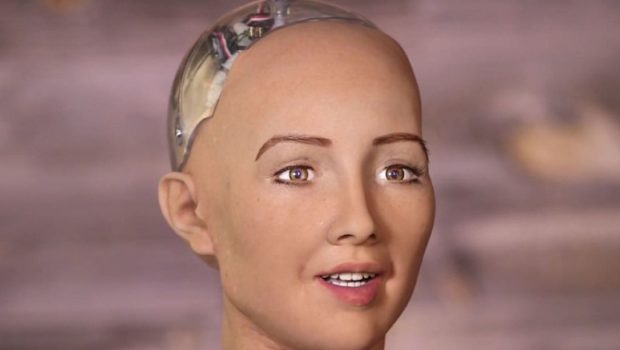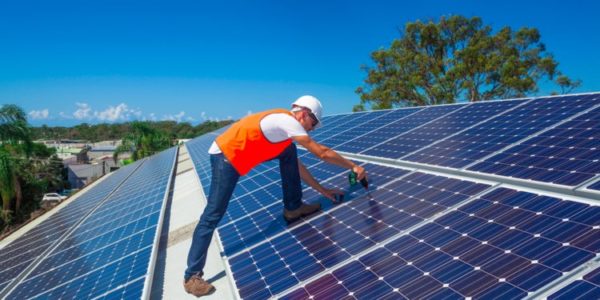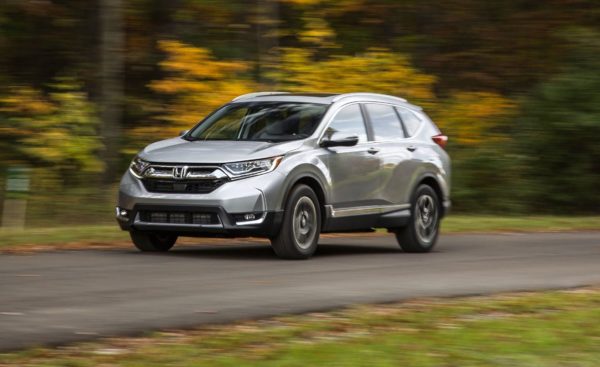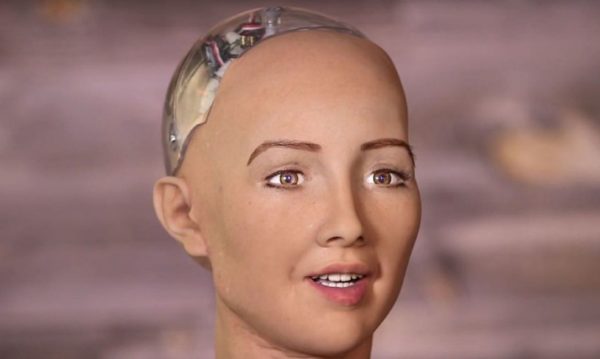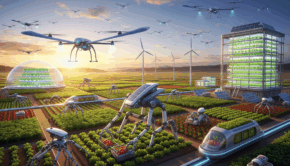Looking to the Future With Solar Energy, Cars, and Artificial Intelligence
Technology is always changing and always improving. New phones come out every year, cars are always getting better and more efficient, and we’re finding new ways to conserve natural resources. With so many concerns about the environment, a lot of people are asking what’s being done to reverse the effects. The answer lies in the future of technology.
1. Solar Energy
The idea of solar powered energy was first discovered in 1839 by Alexandre Edmond Becquerel who found that a photovoltaic effect can cause an electrical current to occur with nothing but sunlight. Since then solar energy has made leaps and bounds and still continues to progress today. Exactly how does a solar panel work? It works by allowing photons, or particles of light, to knock electrons free from atoms, generating a flow of electricity. Solar panels actually comprise many, smaller units called photovoltaic cells which converts the sunlight into energy. Currently, scientists are working to improve the cells to make them cheaper, more durable, and thinner so that solar panels can be used all over the world. More and more people see the benefits of using solar panels on their homes. The panels are able to power the home and send any extra power back into the grid. Electrical bills become non-existent, and the solar panels start to pay for themselves. Not only are the panels great for a long-term financial plan, but they also help to reduce the number of natural gases and CO2 that is being pumped into the air. As solar panels improve, they will help us to see a drastic change.
2. Cars
The future of car up for constant debate. It’s now common to hear about manufacturers working to create a fully self-driving car to be legal on the road. It’s become a race for some companies to be the first to produce one at a cost-effective price. People are guessing that we’ll start seeing self-driving cars on the road in 2020 and they will start to be commonplace within 10 years. Most newer cars are already installed with features that allow them to be partially self-driving. The 2018 Honda CR-V has a feature that allows it to stay within the lanes of a road (after you reach a speed above 40 mph). From there, you just have to keep your hands lightly on the wheel and the car with steer and automatically adjust your speed for you.
The other rumor that has been circulating in popular science fiction is a hovering car. Though we’re much further away from creating a real hovering vehicle, scientists can’t help but explore the idea. Most hover cars use the idea of magnetic levitation though you should be expecting a hover car any time soon. The more realistic venture being made in cars is the fact that they are becoming more and more economical and environmental. Electric cars are more and more common (especially electric cars that are charged by solar energy). They will be able to greatly reduce our need for gasoline.
3. Artificial Intelligence
Artificial intelligence is both feared and worshipped. Some people look to Hollywood and then beg robot designers to halt their progress with AI. The truth is, we might be closer to creating artificial intelligence than you might originally think. Take a look at Sofia, for example. She is a companion robot with remarkable abilities to mirror emotions, smile, laugh, and even become angry. She has facial recognition and can remember names and the last thing that was said in a conversation. Overall, she’s impressive. But Sofia’s manufacturers plan to do a lot more with her than just take her to interviews. They plan to expand her into general intelligence so that robots will be able to make their own decisions and hopefully help to fix the issues with the planet.
There are a lot of changes happening with technology for the better. Solar energy is becoming more accessible, cars are becoming more economical, and robots are becoming smarter. Hopefully, all these changes will help to improve the quality of life for people worldwide.

